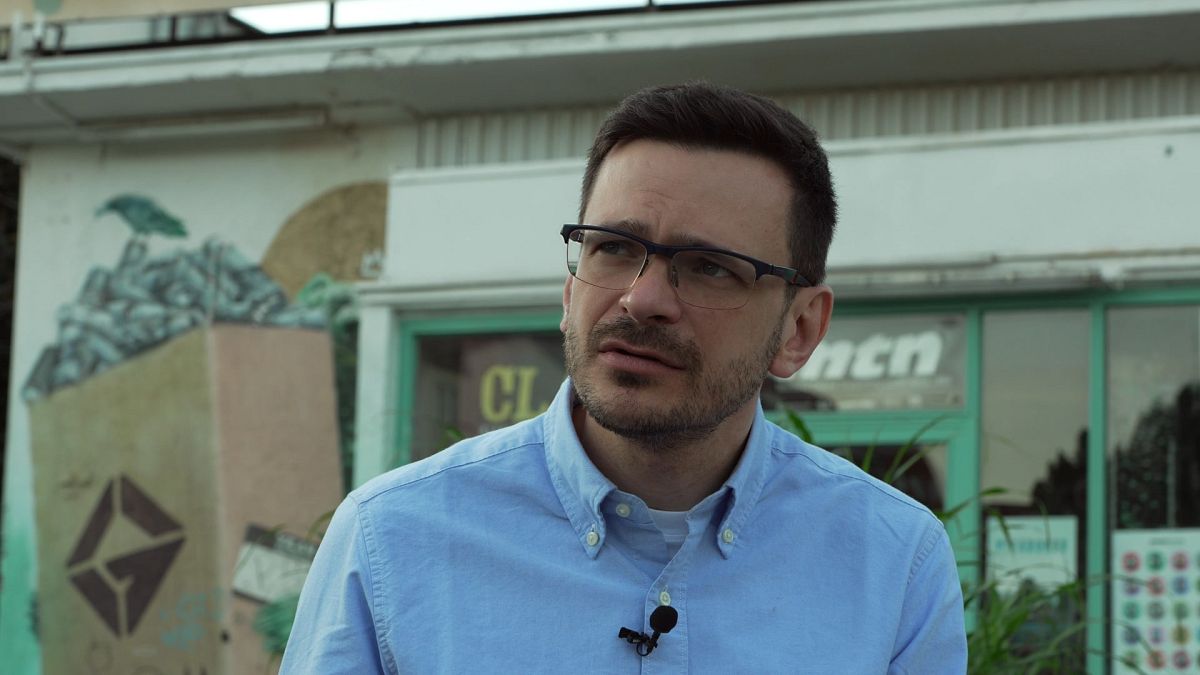Kremlin opponent Ilya Yashin recently shared his experiences in a Russian prison and discussed the factors that he believes will ultimately bring down Vladimir Putin’s regime. Released after two and a half years as part of a prisoner exchange, Yashin spoke to Euronews about his time behind bars and his plans for the future. The opposition activist noted the importance of maintaining emotional and physical well-being during imprisonment and highlighted the irreversible effects that extended periods in prison can have on individuals. Despite facing challenges, Yashin was well-prepared for his time in prison, having undergone necessary dental work in anticipation of his incarceration.
During his imprisonment, Yashin received significant support from the public, which he credited with providing him strength and motivation to endure his sentence. Although he occasionally spent time in solitary confinement, Yashin reflected on his overall treatment in prison, noting that he was not subjected to torture or mistreatment. Expressing concern for his fellow political prisoners, Yashin emphasized the need to advocate for their release, particularly highlighting the case of Alexei Gorinov, an elderly individual with serious health issues who remains incarcerated. Yashin also stressed the importance of supporting Belarusian opposition activists who face even harsher conditions in detention.
Yashin’s advocacy work extends beyond freeing political prisoners to anti-war education, particularly through his YouTube channel with over 1.6 million followers. He uses the platform to inform Russian citizens about the Kremlin’s alleged war crimes, including the massacre in Bucha, a suburb of Kyiv. Despite the formal reason for his arrest being his exposure of these atrocities, Yashin continued to disseminate information through his YouTube channel even while in prison. The activist highlighted the increasing popularity of opposition channels in Russia as people seek alternative sources of information amid state propaganda.
Yashin believes that support for Putin in Russia may not be as strong as commonly perceived, noting that many citizens are becoming increasingly sceptical of the regime. He observed that while some individuals may ideologically align with Putin, a significant portion of Russian society takes a wait-and-see approach towards the government. As economic and social conditions deteriorate, more people are questioning Putin’s policies and their impact on the country. Yashin also pointed out incidents of public discontent, such as a rebellion led by Yevgeny Prigozhin last summer, which did not garner widespread support for the Russian president.
Despite the challenges of expressing dissent openly in Russia, Yashin remains hopeful that there is a growing number of individuals who are dissatisfied with the current regime and willing to take action. He emphasized the role of civil resistance in pushing for change, noting that if avenues for legal protest are made available, people will be motivated to participate. Yashin highlighted the pillars of Putin’s power – propaganda, manipulation, and force – as key areas that opposition movements must challenge in order to weaken the grip of the regime. With a combination of advocacy, education, and grassroots mobilization, Yashin believes that change in Russia is not only possible but inevitable.










